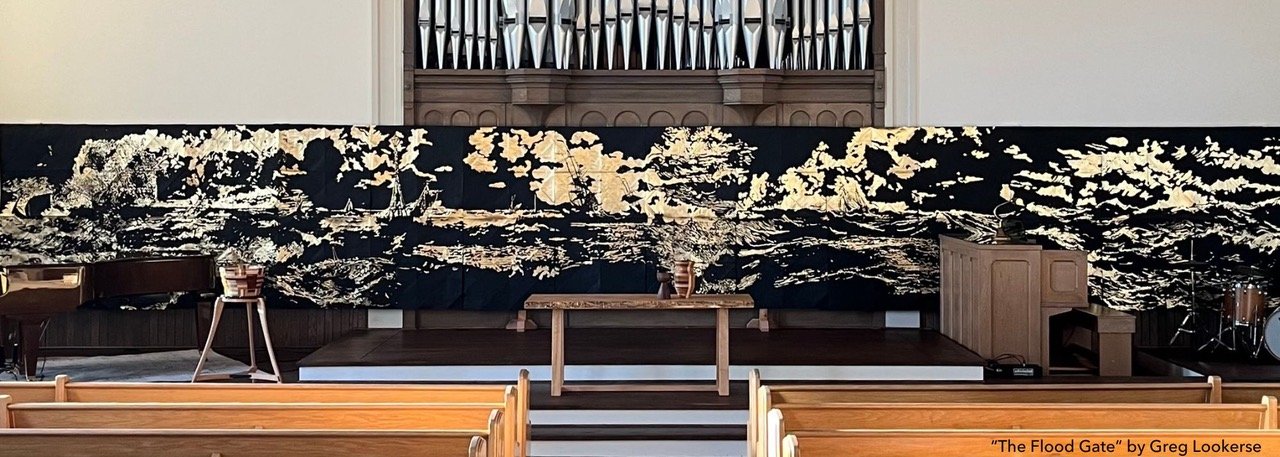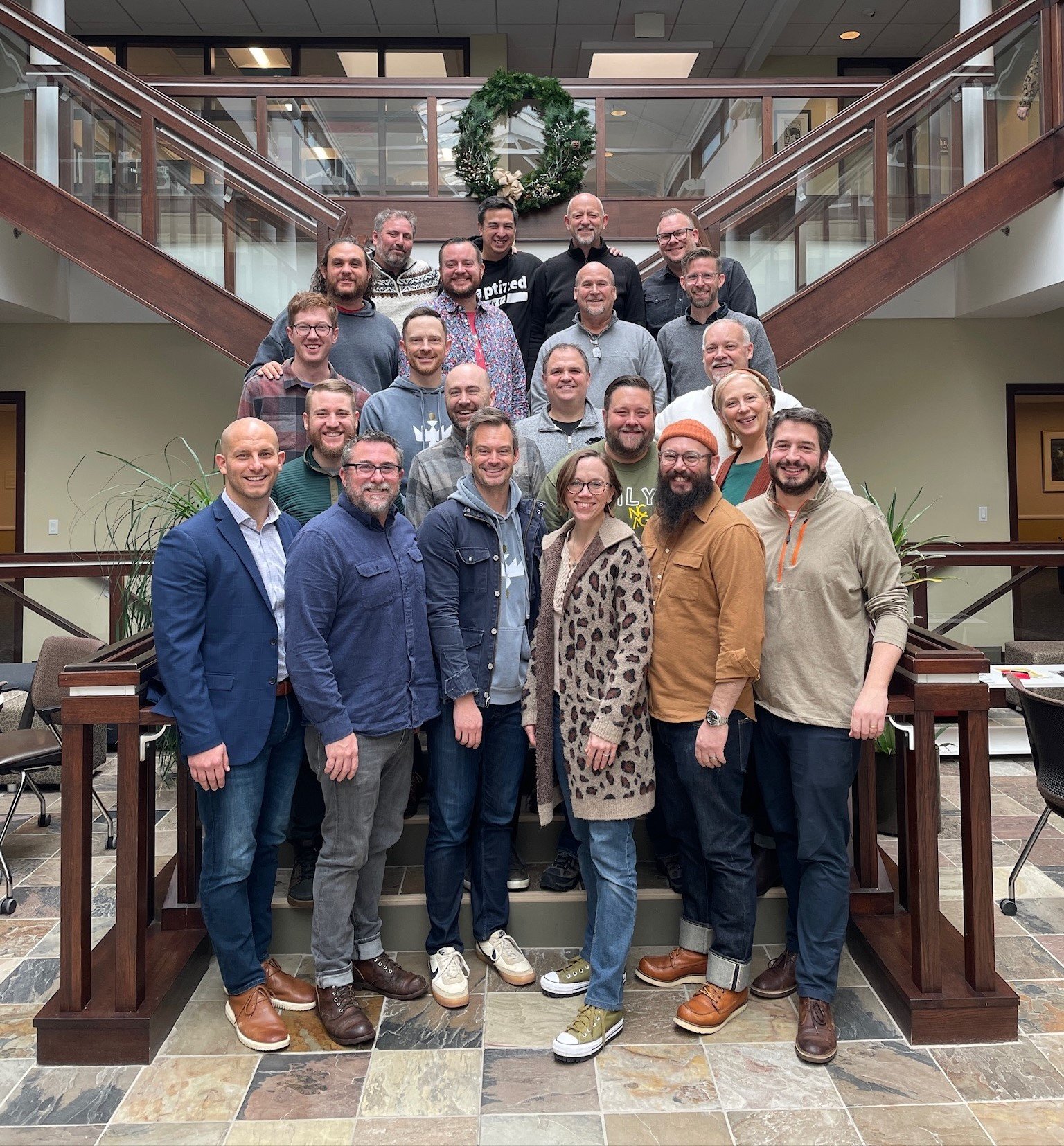"On Death and Dying"
/Dear WRC,
When’s the last time you thought about death?
Sorry to lead with that, but it seems like I’ve been surrounded by it lately. I did too many funerals this fall--for church members, community members, and friends of friends. Upon returning from some time off this week I went to visit Marinus Spierenburg, who is on hospice and nearing the end. It’s been a lot of emotional weight to carry—stepping faithfully into all these relationships and situations—but it’s also been an exposure to a lot of different assumptions about death and dying and funerals.
It's not really a comfortable thing to think about, but it’s sort of a vocational hazard of mine. As a result, I have quite a few thoughts about the whole thing, and I decided this month to share some of them with you. It used to be assumed that one of my main roles as your pastor was to prepare you to die well—maybe this will help. If nothing else, I’d love to know what you think!
· When I come to the end, I don’t want to cling to this life out of fear. I want to trust God to carry on the work He’s begun in and through me. I want to entrust those I love to His care. I want to trust what’s on the other side of that dark chasm. I want find courage in the Holy Spirit to be able to step into it. I want to know that the present sufferings are not worth comparing to the glory that will be revealed.
· I want to have a funeral. I don’t want a memorial or a celebration of life, I want to have a funeral. That term has fallen out of fashion because some people find it morose. I think sometimes the hesitancy betrays a fear of death or an unwillingness to look it square in the face. As Christians, we shouldn’t blink in the face of death because we know it’s not the end. Sometimes we avoid saying what really happened to avoid the pain of it and turn to euphemisms—saying someone “passed on”. I try to avoid them, not only because it’s helpful for the process of grieving but because it’s only in honestly grasping the totality and finality of death that we can also receive the breadth and depth of the splendor of resurrection.
· Maybe this is 2b – I want that funeral to be about the hope of resurrection. I don’t want it to be a celebration of my life. I don’t want it to just be an opportunity to remember and toast me one last time. I want it to clearly proclaim the hope we have in Jesus. I don’t want there to be an altar call, but I don’t think my life can be understood without the hope of resurrection. Standing there at what seems to be the end of it, I want whoever is present to say what I’ve lived my life believing: this isn’t the end! Oh, and sing some great songs of our faith!
· I’m not sure if I want to be cremated or not, but I don’t think there’s anything wrong with a Christian being cremated. Christ is going to raise us to new and eternal physical bodies when he returns—cremation is no obstacle to that resurrection work, just as pumping a body full of embalming fluids isn’t.
· I find it interesting that so many people specifically mention seeing loved ones again as one of their hopes after death. As your pastor, I want to say “Yes, AND…” We do believe that in the resurrection we will again be with others who have entrusted their lives to Christ, and because we believe in a bodily resurrection, we believe we’ll be able to hold them again as well as enjoy their presence. However, the FAR GREATER JOY that is awaiting you on the other side of death is to stand in the presence of your savior, Jesus! That’s what Christians long for. Again, there’s nothing wrong with aching to be with those you love who have died, but if that’s our primary desire, we should wonder if we really love Jesus or just want the benefits.
I think this is probably one of the weirder letters that I’ve written. I don’t write all this to correct your thinking or something. I write it to share what I’m thinking, what I believe, with the conviction that if death has been in my face lately, it’s probably been on some of your minds as well. Our culture generally denies and avoids death and suffering at all costs. I don’t want to do that. I think creating space to talk about it is a gift we can offer to one another and our community.
So, anyway, what do you think?
In Christ,
Pastor Andy

















